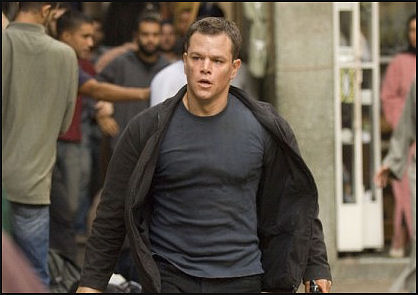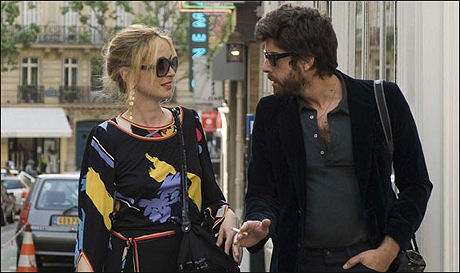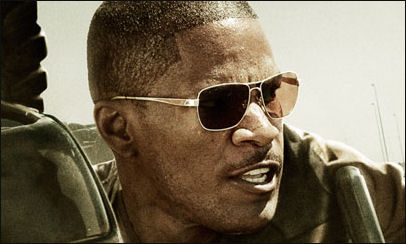My Bourne Ultimatum prediction of a $70 million haul (or just shy of that) was fairly close to the mark. The Paul Greengrass/ Matt Damon/Tony Gilroy/ Frank Marshall thriller did $24,504,000 yesterday (including coin from a few Thursday midnight screenings), and one studio projection has it making $70,071,000 by Sunday night. It might wind up closer to $67, $68 million….we’ll see.

Having done $6900 a print yesterday, it’s expected to earn about $19 thousand a print for the weekend. Business might be flat today (it may even go down a tad — sequels tend to do that) but you never know. John English (i.e., the “jerms” guy) is saying it’ll hit $60 million….wrong! The only “Road to Box-Office Hell” Movie City News guy to get it half-right was “Nikki’s Pals” with a prediction of $65 million. All the others said it would end up in the high 50s.
I was told last Monday that my $70 million Bourne projection was out of the question, that Casino Royale opened to $40.8 million and that ’04’s The Bourne Supremacy opened to $52.5 million “so there’s very little family/four-quadrant element to this, so it virtually can’t jump to those upper numbers.” Well, I’m told that the Universal gang has been expecting between $60 to $70 million all along.
The Simpsons Movie is expected to end up with $23,808,000 by Sunday night. That’s a drop of 68% from last weekend’s debut — a nose-dive. “The people who wanted to see it, saw it,” one guy tells me. “The CinemaScore rating was high, an A minus. But it had a limited audience.”
The third-place Underdog is the second most popular opener with aprojected $12,166,000 for the weekend. 3000 theatres, $4000 a print. I Now Pronounce You Chuck and Larry will make $10,100,000 by Sunday night. Harry Potter and the Order of the Phoenix will come in fifth with $9,356,000 for the weekend. Hairspray will make $9,158,000 by Sunday evening.
No Reservations is off 45% from its opening weekend for a projected haul of $6,475,000. It’s heading for a cume of $30 million, maybe the low $30s, and it cost…what?….$45 or $50 million to shoot? It’s not going to make back the p & a. It’ll lose theatres next weekend and it has nowhere to go but down.
Transformers, $5,854,000. Hot Rod, $5,344,000. Bratz, $4,084,000. Ratatouiille will make $3,792,000 for a cume of $188 million…it’s be a tough push to $200 million. El Cantante, another new film, will make $2,029,000 in 542 theatres. Becoming Jane is looking at $1,082,000 for the weekend in 542 theatres. The Ten is looking at $131,000 of about $5000 a print.








